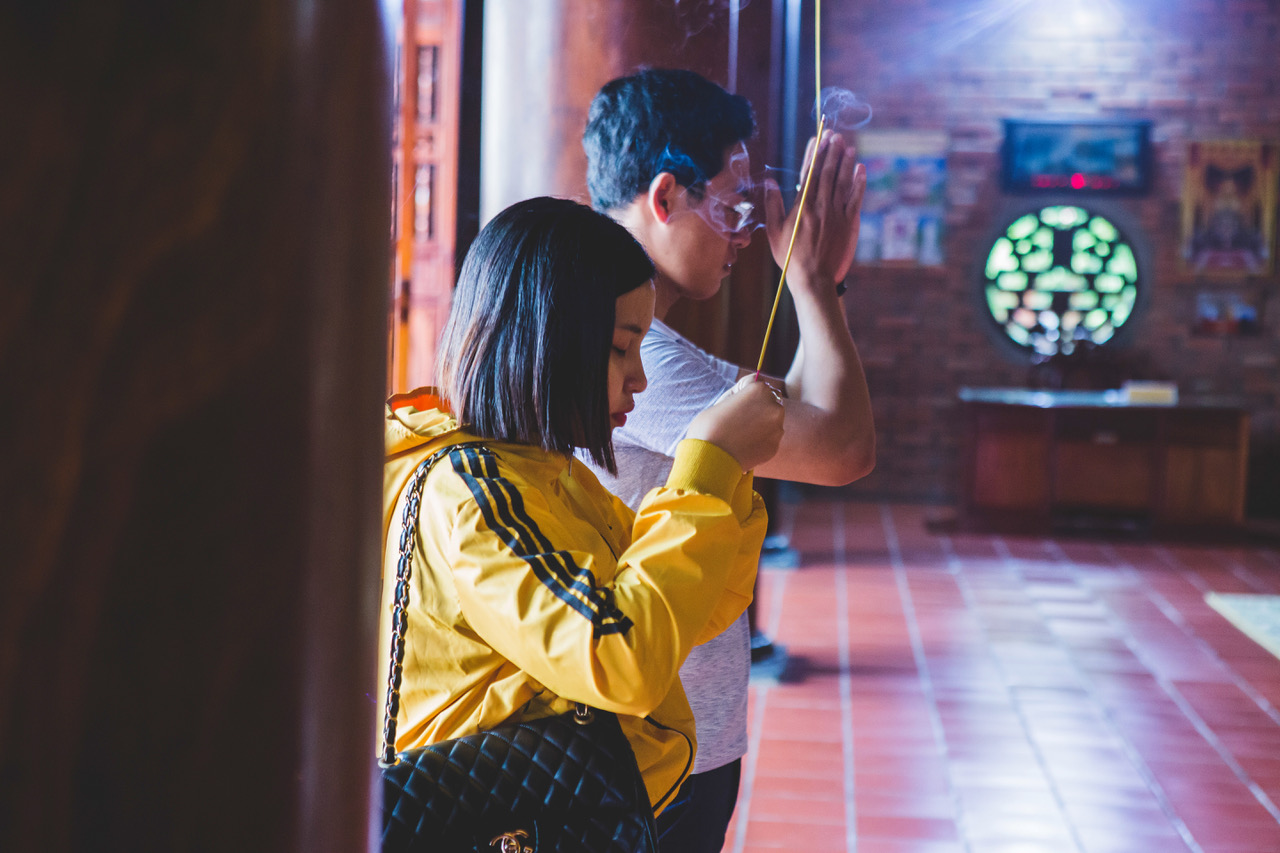
Nearly 97 million Vietnamese live in this country of almost 32,000 square kilometers. The capital of Vietnam is Hanoi, and it is often a gateway to the country for international travellers. However, other major cities in Vietnam, such as Ho Chi Minh City and Da Nang, also have international airports.
While Vietnamese is the Vietnam’s official language , the country is home to 54 different ethnic groups, some of which use their own language.
Vietnam is a republic, ruled by a single party, the Communist Party, and whose political system was defined by the 1992 Constitution. The National Assembly elects the President, and his term of office is valid for 5 years, renewable.
On the economic level, Vietnam is experiencing real dynamism, with sustained growth over the last two decades following the measures taken in the 1990s to enter the market economy and establish state capitalism. The poverty rate has dropped drastically, the average per capita income has risen considerably, and the middle class continues to grow. Vietnamese people can now afford to buy a vehicle and travel abroad. The country’s economic growth rate is among the highest in the world.
Vietnam’s economy is still mainly based on agriculture: the country is the 5th largest rice producer in the world and ranks 2nd in coffee production. It also ranks 5th in tea production. The industrial sector is also a pillar of the local economy. Tourism, which has been rising in recent years, is an increasingly important sector for the Vietnamese economy.
There are many beliefs and religions co-existing in Vietnam: Buddhism (the majority religion), Confucianism, Taoism, Christianity, Islam, and also ancestor worship. While some of these religions may be familiar to you, others may seem more obscure.
Confucianism is more a philosophy, a moral order, than a religion in the strict sense. It follows the principles of Confucius and advocates for a model of individual virtue based on benevolence. The idea is to help shape a fair and balanced social system. Confucianism also codifies the duties of each individual towards the family and society.
Taoism is based on the philosophy of the Chinese sage Lao Tzu and advocates a simple and contemplative life, based on the principle of yin and yang. Taoist beliefs include many deities, demons, spirits and natural forces. It is a rather complex religion to understand, which is no longer practiced as such, but whose concepts have nourished a certain symbolism, which animates many beliefs and Vietnamese superstitions even today.
Beliefs in Vietnam are often a mixture of Buddhism, Confucianism, and Taoism. This mix shapes the spiritual life of the Vietnamese people. Beyond religion, Vietnamese of all faiths also worship ancestors, which creates continuity between the world of the living and that of the dead. In each house, there is an altar to honour ancestors, whose souls survive and protect their descendants. For this, the memory of the ancestors must be maintained and be honoured on certain anniversary dates. If incense is not burned at the altars to commemorate them, souls are condemned to wander eternally. To die without descendants is, therefore, a real curse for the Vietnamese, because they would then have no altars. Offerings are also made during important family events to bring luck and happiness.
The purpose of these offerings is to provide the dead with the same comforts they had during their earthly life. We can find on the altars surprising objects: cakes, beer cans, cigarettes, fake dollars, but also paper reproductions of motorcycles, telephones, clothes, etc.





